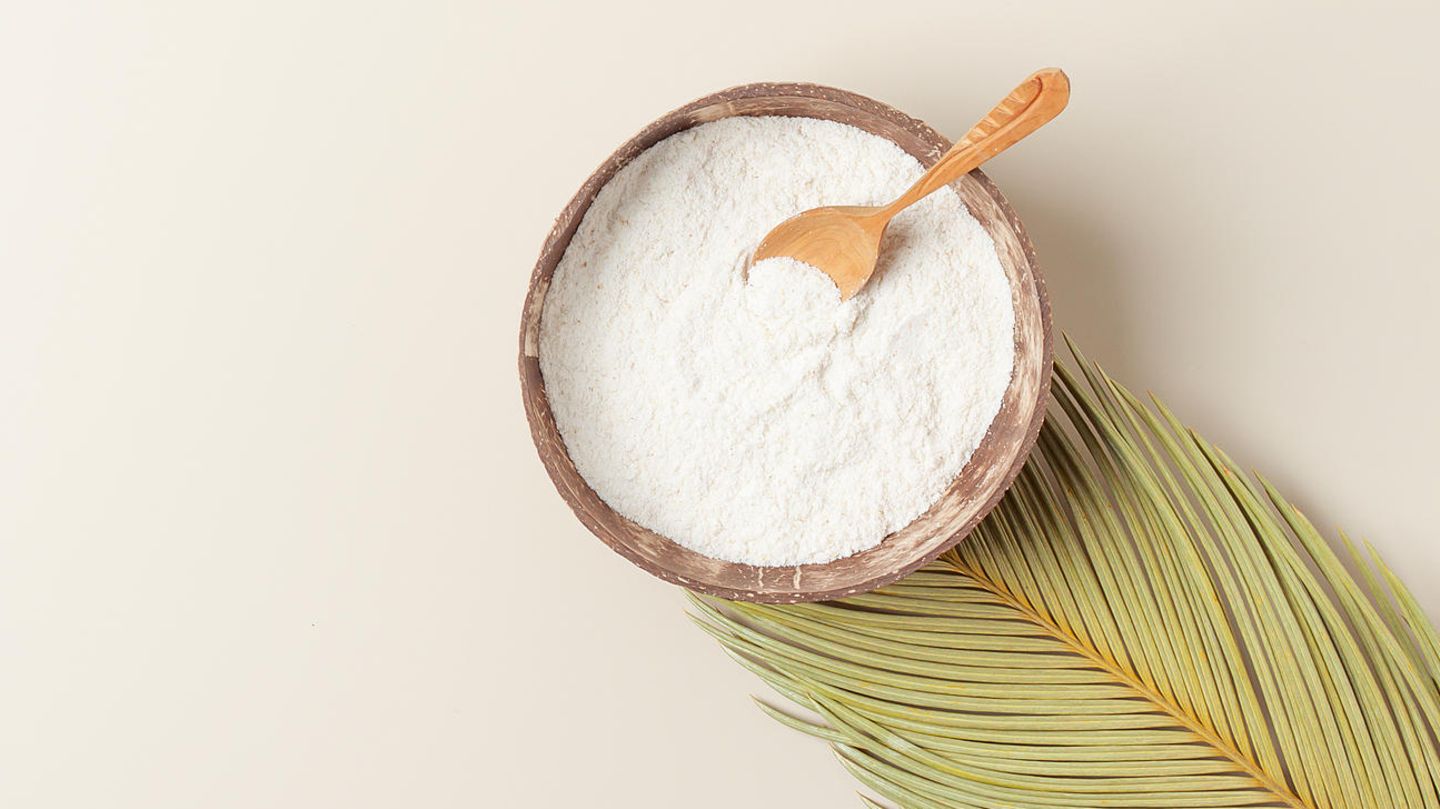Dietary supplements
Is there vegan collagen? And is it a sensible alternative?
Copy the current link
Collagen is a component of the body and does not come from a vegan source. He reveals what vegan collagen is and what you should know about the topic star.
To directly answer the question asked at the beginning: Strictly speaking, there is no vegan collagen. Collagen is produced by the human body and is found in skin and cartilage. Likewise in the bodies of animals. So animal sources are needed to get collagen (hydrolyzate).
Nutritionist Julia Sausmikat from the North Rhine-Westphalia Consumer Center has this star explains: “Collagen is a structural protein, i.e. a protein that occurs in different versions in the body, depending on whether it is collagen in the skin, in cartilage or in other tissues.” 28 types of collagen are biochemically differentiated. Human skin consists predominantly of type I collagen, while cartilage contains type II collagen.
Collagen molecules consist primarily of the amino acids proline and glycine. These are produced by the body itself and do not actually need to be consumed. However, due to age, collagen structures break down and the skin layers can lose stability. Therefore, products such as collagen powder and collagen creams are intended to compensate for the diminishing collagen.
But according to Sausmikat, it’s not that simple. There is no guarantee that the body will produce complex collagen again from the additionally absorbed collagen hydrolyzate and place it in the right place. There are reports that indicate an improvement in wrinkle depth and skin elasticity through regular intake of collagen (hydrolyzate). According to the expert, it is questionable whether such changes are really noticeable. Collagen creams also do not penetrate the deeper layers of the skin and can only contribute to a limited extent to improving skin elasticity. They usually contain zinc and vitamin C. The latter plays a role in the stability of collagen molecules.
What is vegan collagen?
Since collagen is of human or animal origin, it is obtained from slaughterhouse waste, such as the skin or bones of pigs and cattle. During what is known as hydrolysis, the collagen is then broken down into smaller fragments, the collagen peptides. You can also buy collagen powder with additives made from poultry and fish leftovers.
“Products that are described as vegan usually contain a mix of the amino acids glycine, proline, hydroxyproline and L-lysine and no collagen,” explains the expert. According to the manufacturers, this “replica” is said to have a similar effect and corresponding dietary supplements are said to be good for skin, hair and nails.
Here too, however, the following applies: Corresponding representative studies that confirm the effectiveness of such agents are rare. Ingredients such as vitamin C or zinc can be helpful and have positive effects, but they can also be consumed through food. If you still want to supply your body with amino acids and vitamins and believe in the effect, you can use the following vegan collagen powders, for example.
Vegan collagen: These (organic) products are recommended
There are some preparations on the market that are advertised as vegan collagen and have a similar effect to collagen powder and are said to be able to stimulate collagen production. Three commonly recommended remedies are as follows.
1. Nature Love
The According to the manufacturer, it has the amino acid profile of animal collagen and also contains nutrients such as plant extracts, vitamin C for the skin and copper for connective tissue. It is also touted as a high-fiber and low-calorie protein source. It does not contain any added sugar.
2. Alpha Foods
The with hyaluronic acid is another herbal alternative to collagen hydrolyzate. It comes with 13 amino acids and vitamin C. It is also tasteless and can be stirred into your morning coffee in the same way as collagen powder.
3. True to nature
Not called vegan collagen, but called “vegan collagen formation support.” . It contains, for example, hyaluronic acid, Q10, biotin and vitamin C and, as the name suggests, can help the body produce collagen.
Are there any side effects from taking vegan collagen powder?
There are no known side effects for most preparations. However, nutritionist Julia Sausmikat says that consumers should be careful with added substances such as nicotinamide or nicotinic acid (vitamin B3). If you consume too much, intolerance reactions such as facial redness and hot flashes can be triggered. Products should contain no more than four milligrams of nicotinic acid, 160 milligrams of nicotinamide, or 4.4 milligrams of inositol hexanicotinate (inositol niacinate) per daily dose. In addition, collagen supplements can sometimes contain absorption enhancers such as piperine, a black pepper extract. No more than two milligrams of this may be consumed.
More tips
Vegans can also consume ingredients through food that can be good for the body and skin. For example, the following foods are rich in amino acids such as hydroxyproline, antioxidants such as vitamin C, zinc and copper: legumes, nuts, soy products, oatmeal, quinoa, berries, citrus fruits, peppers, broccoli, green leafy vegetables, carrots or tomatoes.
Julia Sausmikat’s conclusion is that dietary supplements with (vegan) collagen powder cannot stop skin aging. Sun protection, avoiding nicotine and a healthy lifestyle are the best methods to keep your skin and body healthy and vital.
*This article contains so-called affiliate links to products in online shops. If a user clicks on it and buys something, the publisher receives a commission from the retailer, not the manufacturer. There is more information about this .
Source: Stern
I’m Caroline, a journalist and author for 24 Hours Worlds. I specialize in health-related news and stories, bringing real-world impact to readers across the globe. With my experience in journalism and writing in both print and online formats, I strive to provide reliable information that resonates with audiences from all walks of life.




